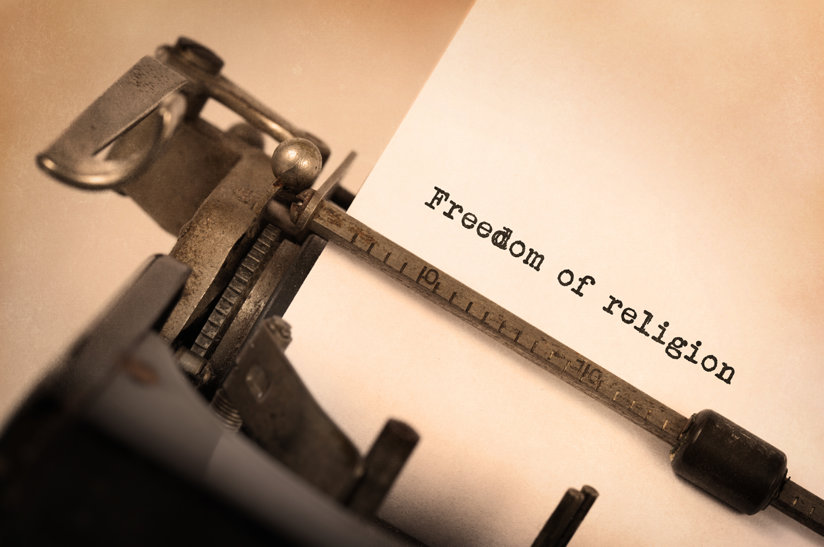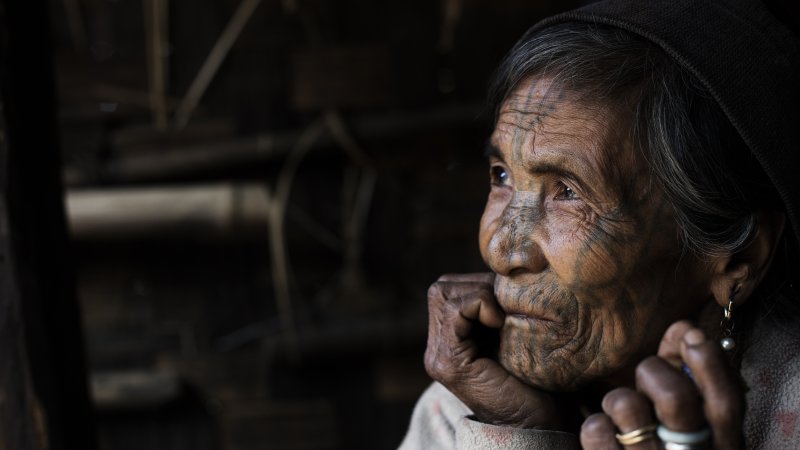
-
HOME
-
WHAT IS STANDOur Mission Our Values Our Help Contact
-
WHAT WE FIGHT FORReligious Freedom Religious Literacy Equality & Human Rights Inclusion & Respect Free Speech Responsible Journalism Corporate Accountability
-
RESOURCESExpert Studies Landmark Decisions White Papers FAQs David Miscavige Religious Freedom Resource Center Freedom of Religion & Human Rights Topic Index Priest-Penitent Privilege Islamophobia
-
HATE MONITORBiased Media Propagandists Hatemongers False Experts Hate Monitor Blog
-
NEWSROOMNews Media Watch Videos Blog
-
TAKE ACTIONCombat Hate & Discrimination Champion Freedom of Religion Demand Accountability
It’s Religious Freedom Day. Should We Celebrate?
Did you know that we celebrated International Religious Freedom Day this last Tuesday, October 27?
Yes, I know, an election was in progress…
But seriously, we’re talking about the “free exercise of religion” guaranteed by the First Amendment of our Constitution.
And while we have our battles here in the U.S., I’m sure we all believe in that free exercise.
That isn’t true in many countries of the world.

While the United States passed into law the International Religious Freedom Act (IRFA) in 1998, our own attention went elsewhere after September 11, 2001.
But then, as I wrote in this blog, the subject of international religious freedom came back to life “as a means of promoting stability and national security”—an enterprise that could cost a minute fraction compared to the price of war, and achieve more lasting good.
The all-volunteer International Religious Freedom Roundtable helped make that resurgence happen. Participants of the Roundtable come from all facets of society and range from those who manifest no religious beliefs to adherents of many faiths, supported by academics, government leaders, congressional staff and others. This strong coalition shows the world the importance of coming together, no matter one’s political leanings, to celebrate solidarity and insist that all people have the right to practice their faith.
The next step—creating an alliance
Now, we have the International Religious Freedom of Belief Alliance (IRFBA). Since it was launched in February 2020, 31 nations have pledged their commitment.
What’s the importance of this alliance? In short, it exists to create consensus for freedom of belief and to exert firm pressure on intolerant parties.
For me, this alliance and international religious freedom more broadly, is vital, because it proclaims unambiguously that you have the right to believe what you choose—to believe in anything, or nothing at all.
Going beyond religion
The Universal Declaration of Human Rights states: “Everyone has the right to freedom of thought, conscience and religion; this right includes freedom to change his religion or belief, and freedom, either alone or in community with others and in public or private, to manifest his religion or belief in teaching, practice, worship and observance.”
It means something that freedom of religion is grouped with the freedoms of thought and conscience because, over the ages, human beings who thought about being and ethics naturally also thought about religion.
These days, religion often gets positioned as antiquated, the suggestion being that modern life has no room for inquiry beyond the material.
We even put the burden of certain types of intolerance on faith, as if faith itself were to blame for the people who misuse it.
As I wrote in 2017, that’s like blaming marriage for the people who end up divorced.
And I drew from L. Ron Hubbard’s seminal essay, “Religious Influence in Society”: “The great religious civilizing forces of the past, Buddhism, Judaism, Christianity, and others, have all emphasized differentiation of good from evil and higher ethical values.”
These are civilizing forces. Let’s together put them to work to create a better world.
And let’s always celebrate International Religious Freedom Day for what it means in strengthening the right that makes that better world possible.









